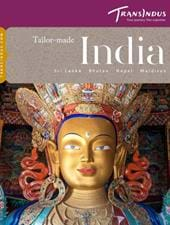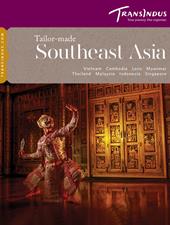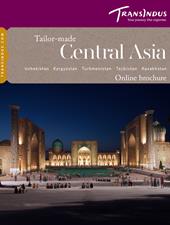Visiting the Dargah
Like most religious sites in Asia, the Dargah can be an assault on the senses if you’re a relative newbie to Indian travel. But don’t let that put you off. For the few overseas visitors who make it to Ajmer’s hallowed ‘Dargah Sharif’, the experience invariably turns out to be a major highlight.
The Dargah, or ‘tomb’, of the 12th-century Sufi mystic and saint, Khwaja Moin Uddin Chishti (‘Khwaja Sahib’ for short) is India’s greatest and most revered Islamic shrine. The approach to it is via a long bazaar lined with little shops where pilgrims purchase offerings of flowers and incense, placed in round baskets and carried on the head as a sign of devotion. Another favourite gift for the saint is a ‘chadar’ or square of brocaded green silk bearing religious motifs.
Qawwli
Qawwali, the music performed in the Dargah Sharif, is believed by Sufis to be ‘Sama’ – a means of stilling the mind, of freeing it from worldly worries so as to inspire love of the Creator. Its stars are lead singers, usually from acclaimed families who have been playing at the shrine for generations. They’re accompanied by ranks of backing vocals who clap, play harmonium and tabla. Regardless of your own religious orientation, it’s impossible not to be moved by the quickening rhythms and soaring melodies.
Video Inspiration
Experience the unique sights and sounds of Ajmer and its Dargah in our special video on the city!









